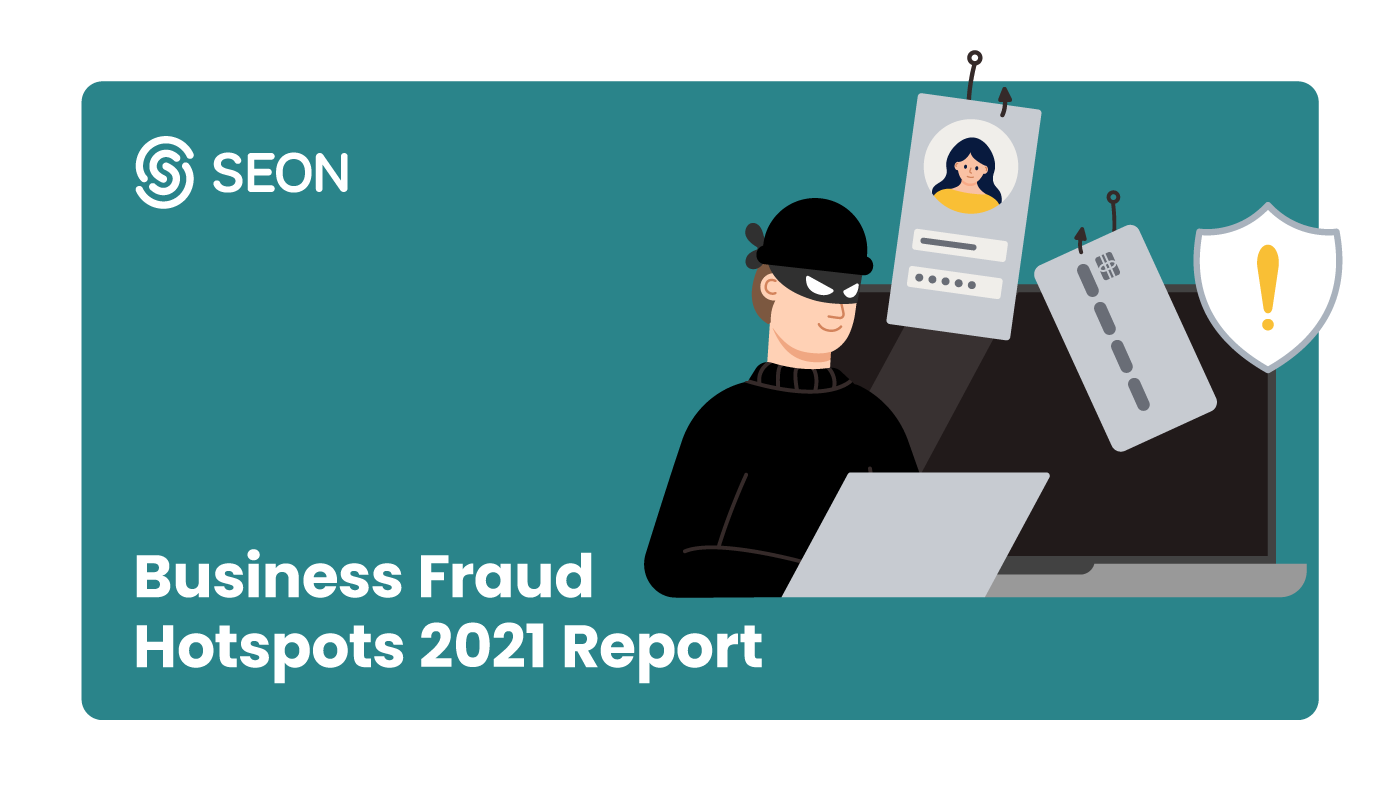In this second installment of our beginner’s introduction to fraud, we focus on travel fraud and the challenges faced by this industry.
What Is Travel Fraud?
Travel fraud is an ever-growing issue as fraudsters continue to abuse the online aspects of the industry, focusing on the ticketing aspect. Airlines can see revenues slashed due to forms of bonus/loyalty abuse as well as bookings made with stolen credit card details, which can lead to chargebacks.
The issue can extend beyond those directly impacting the airlines too. Some fraudsters will create websites to offer fake flights and holidays that ultimately aren’t offered by the airline and can cause reputational damage.
Why Is Tourism Targeted for Travel Fraud?
In short, it’s the high resale value of goods that makes it attractive to fraudsters, whether it’s airline tickets or hotel bookings, the travel industry essentially delivers digital goods which can be sold back for a lot of money.
Combined with the fact that travel industry companies operate with increasingly low margins, it’s easy to see how much damage fraud can do, especially when it increases losses due to false positives and resource-expensive manual reviews.
As well as this, airlines dependancy on modern payments technology, both onflight and online, leaves them exposed to fraud as many of skills fraudsters have developed will be applicable to a travel scenario.
SEON offers a fully modular fraud solution with data enrichment, machine learning, and the support of a team of experts in online fraud.
Ask an Expert
How Can Travelers Avoid It?
Travelers should be vigilant when booking tickets. You can also educate your users about the best practices by following the five steps highlighted below:
- Book from a reputable OTA: make sure your online travel agency is legitimate.
- Read the reviews: most online businesses are found on review sites where you can check customer complaints and feedback.
- DYOR: do your own research – not just about the agency, but also the kind of price ranges you should expect to pay for your tickets or accommodation. Remember that if it’s too good to be true, it probably is!
- Be vigilant on second hand marketplaces: while there is a growing trend for reselling travel tickets, you should be aware that fraudsters and scammers abound on these marketplaces
- Check for URLs and secure payments: most browsers are pretty good at letting you know when a website is suspicious, but do double-check that the URL is correct – especially at the checkout stage.
Most Common Types of Travel Scams
There is no shortage of ways in which fraudsters try and extort money from travel platforms. Among others, these include:
Fake/Stolen Credit Cards
As a recent report claims stolen credit card information can be sold for as cheaply as $14, it’s no surprise that fraudsters use them all the time. The tickets bought are then resold on darknet marketplaces, or even in the open to unsuspecting users.
Cancellations and Flight Credits
Airlines increasingly promote flight credit to attract new customers. Fraudsters game the system by booking flights with stolen credit cards, and cancel them to still be credited the bonuses. They can then resell them or purchase legitimate tickets to be resold later.
Fake Travel Agent Sites/Hotels
Potentially as part of a triangulation fraud scheme, bookings made via a fake travel agency website can give a fraudster opportunity to both take money directly from a victim but also maximize damages by using their credentials on other flights/holidays. If a victim doesn’t check their bank account, when a person looks into the booking or worse turn up to the airport to fly, they will be rejected and have no access to refunds as the fake agency will likely be dissolved.
Account Takeovers (ATOs)
An ever-present issue across the ecommerce space are account takeovers, fraudsters gain access to a person’s account details via data breaches or by other methods such as phishing then pose as a genuine customer to make unauthorized transactions.
How to Spot Travel Fraud
While a complete end-to-end fraud prevention solution can do wonders, there are a few specific areas that travel industry platforms should focus on.
Transaction Monitoring
Fraud detection is mostly about identifying patterns, and a few of them will appear during the payment process. At checkout, you should focus on:
- Transaction amount and currency used
- Types of credit cards: some credit cards tend to be more used by fraudsters than others
- Geolocation: there are certain at-risk regions around the globe, where fraudsters will log in from to book the tickets.
User Profiling
Getting a complete 360 degree view of who the user will also save a lot of trouble in the long term. This can be done through:
- IP address analysis: to reveal geolocation, or even whether a proxy, VPN or TOR browser is used.
- Device fingerprinting: can reveal if the same device has been previously linked to fraudulent activity, or if any fraudsters used it to buy the tickets.
- Reverse email search: email addresses can reveal a lot about a user, depending on whether the email address is disposable, from a high risk domain, or used to register social media accounts. One interesting case uncovered by SEON showed that users in the Brazilian market without social media presence had a 92% chance of being fraudsters.

On the topic of how this can catch fraudsters, SEON Product Evangelist Gergo Varga explains, using internal figures:
“SEON discovered that users in the Brazilian market without social media presence had a 92% chance of being fraudsters out to attack the travel industry.”
Best Tools for Travel Fraud Prevention
As previously mentioned, a high risk industry has a lot to gain from a complete end-to-end fraud prevention solution. But there are a few areas that are worthy of particular focus:
- Machine Learning: Sometimes feeding data into a system and applying rules is not enough. This is why implementing a machine learning module for pattern detection can have tremendous impact on reducing fraud rates. Travel industry-specific data is particularly hard to analyze for humans as it involves points such as departure date, hours to departure, booking class, and more.
- Complete and flexible system: Your tool should be able to automate processes, but also give fraud managers all the extra help they can get. This can be in the form of custom rules, automatic classification, or even powerful team management options.
- Strong and capable fraud prevention team: Finally, a fraud prevention system is only as good as the people who use it. The machine learning models still need overseeing to ensure the correct rule sets are deployed. Manual reviews and chargeback handling will always need to be done by humans to ensure the most accurate results.
Techniques to Fight Travel Scams
Last but not least, look at the following techniques to implement in your tools to help combat travel fraud immediately:
- Custom rules: not something machine learning can do, but the right anti-fraud system should absolutely let your risk team tailor rules to their own needs.
- Whitelisting/blacklisting: one of the oldest techniques for blocking fraudsters is also surprisingly efficient. See how to do it right and what options your system should offer.
- Flagging suspicious users who have not yet committed any fraud: based on their experience, the best fraud managers should be able to anticipate potential attacks from otherwise unsuspicious users. Just make sure you give them the tools to flag the right data points and behavior.
- Complete system control: one of the most important points for fraud managers is the ability to leverage automation without rescinding control over the system. A good hybrid solution should allow one without sacrificing the other.
- Integration types: should you go for end-to-end? Or adopt an approach that is closer to multi-layered fraud prevention?
Conclusion
Mitigating fraud risk is important in any industry, but it is particularly needed where competition is fierce and margins decreasing. The travel industry faces these two challenges, and combined with the high resale value of its digital goods, it is a prime target for fraudsters.
Luckily, there are enough advanced solutions available that give proven results in the airline and travel space. As machine learning and artificial intelligence tools continue to increase in efficiency, there is little a good travel fraud prevention team won’t be able to do to reduce the travel industry fraud, increase margins and reduce resource-heavy manual reviews.
SEON is more than just a software solution. Complete with industry expertise and unique digital footprinting, it is your business partner in fraud fighting.
Ask an Expert
FAQ
Stolen loyalty points, stolen/fake payment details (both online and in flight).
ATOs and stolen/fake credit cards are two of the most common but also it’s worth considering fake websites that are set up to impersonate their site, with losses to both potential revenue and brand reputation.
Since people were not traveling much or using their airline account during the pandemic, fraudsters turned their attention to cracking loyalty accounts.
You might also be interested in reading about:
- SEON: Travel & Ticketing: Software Management Solutions
- SEON: Top Fraud Management Systems
- SEON: Fraud Detection & Prevention: What It Is & Its Features
Learn more about:
Browser Fingerprinting | Device Fingerprinting | Fraud Detection API | Fraud Detection with Machine Learning & AI








